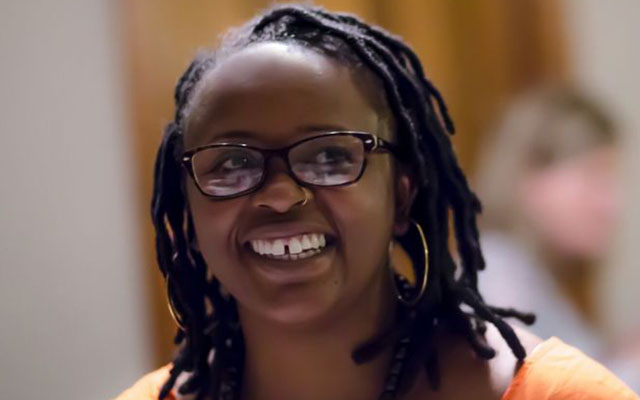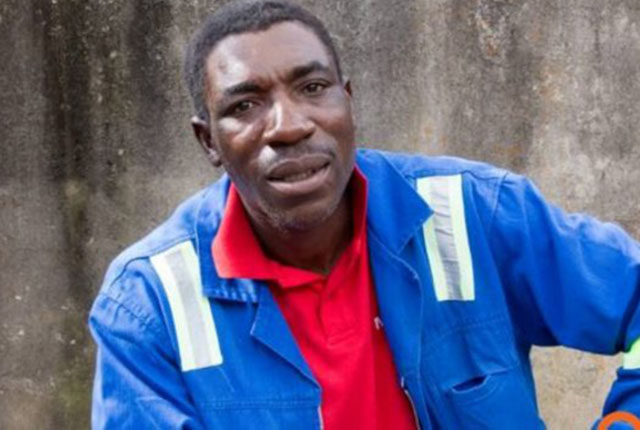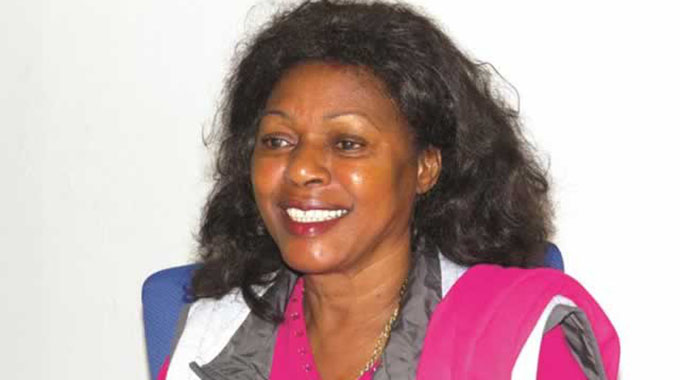Mhangami Bulawayo’s own nightingale

Ruth Butaumocho Gender Profile
When Elizabeth Vimbai Mhangami finished her studies in the United States, she decided to retrace her footsteps to Zimbabwe and establish how best she could contribute to the economy.
She took her first flight home in 2009 at the height of the hyper inflationary period when most of her peers were leaving Zimbabwe.
With no other source of income apart from her academic qualifications and experience working with vulnerable youths, Elizabeth knew she had to take a huge leap of faith.
When she arrived home, she did not scan through the local newspapers in search of employment, but instead, identified a vulnerable constituency that she could assist in entrepreneurship ventures.
Today, she runs a non-profit organisation that facilitates the financial self-sufficiency of child-headed households in Zimbabwe.
“I did not want to come up with just another NGO that train the youth,” she said. “I was looking at a platform that would fully capacitate them (youth) with long term solutions, while enabling them to have an income.”
Named Vanavevhu, the organisation, which is based in Bulawayo, provides support in form of healthcare, education and targeted training to promote the financial self-sufficiency of child-headed households affected by the Aids pandemic in the Matabeleland region.
“We realised that child-headed families faced a myriad of challenges, especially economic problems that often resulted in kids dropping out of school,” said Elizabeth.
“They struggle to get fees or put food on the table, especially when the resources are coming from the extended family, which is often burdened as well.”
Elizabeth said the decision to focus on child-headed families was premised on a baseline survey, which revealed that this was one of the most vulnerable constituencies in the region.
“I had always read about child headed families in Rwanda, so I commissioned someone to do the research whilst I was still in the United States, to establish what the situation was like back home,” she revealed.
With the experience she had amassed in the US, working with vulnerable youths, Elizabeth knew she would contribute immensely towards the well-being of this constituency.
Soon after registering the organisation in 2010, Elizabeth identified youth in Nketa and Sizinda, through a verification process she did with the assistance of the City of Bulawayo, government’s welfare sections and other stakeholders.
“It was through that process we realised it would be difficult to identify families that were fully headed by children, because relatives often superintend on some of these households,” she said.
“In some instances, the communities were rather overprotective of the identity of child headed families, so it became slightly difficult to group the youths into cohorts.”
Elizabeth was not deterred, but the challenge actually affirmed her decision to offer psycho, economic and social support to vulnerable youths.
During the first year in 2010, Vanavevhu started off with 15 child-headed families, and by the end of the year, the figure had dropped to 10, after some of the kids re-joined their extended families.
“The drop in figures was actually a positive move,” said Elizabeth. “We successfully managed to rehabilitate some of the youths and returned them to their extended families.
“On a sad note though, some of the girls got pregnant and had to drop out of the programme, since we did not have facilities to cater for their babies, whilst they continued with the project.”
By then, the organisation had developed into a social enterprise.
It had started several income generating projects that included market gardening, soap and candle making. “It was easy to work with these youths having trained them in several entrepreneurial skills,” said Elizabeth. “Most of the group members already had entrepreneurial passion that only needed to be nurtured.”
Although Elizabeth conceded that it was not easy to start the programme with limited resources, particularly in uncharted waters, she was happy with the performance of the organisation.
“We started working with reticent and suspicious children, but they have become confident and engaged young women and men, who are now very optimistic of the future,” she said
Elizabeth said Vanavevhu managed to validate the concept that isolated youth could be brought back into mainstream society to be viewed as productive members of the community.
Like many organisations in its situation, Vanavevhu has not been immune to funding challenges. “Resources have been hard to come by,” said Elizabeth. “What makes our situation worse is because we deal with small numbers and a lot of big funding projects are not keen on working with organisations like us because of our numbers.”
Lack of resources has not wilted Elizabeth’s determination to assist vulnerable youths. “We have started negotiating with six hotels in the country so that we can supply them with the soap that we are making and also rooftop gardening for one of the hotels in Victoria Falls,” she enthused.
“My dream is to ensure that the youth that I am working with are able to generate their own incomes and further develop themselves
“Youth are the future of Zimbabwe. They need to be inspired, work hard and have a sense of ownership, so that they can look into the future with certainty.
- Feedback: chinhemaruva@gmail.








Comments